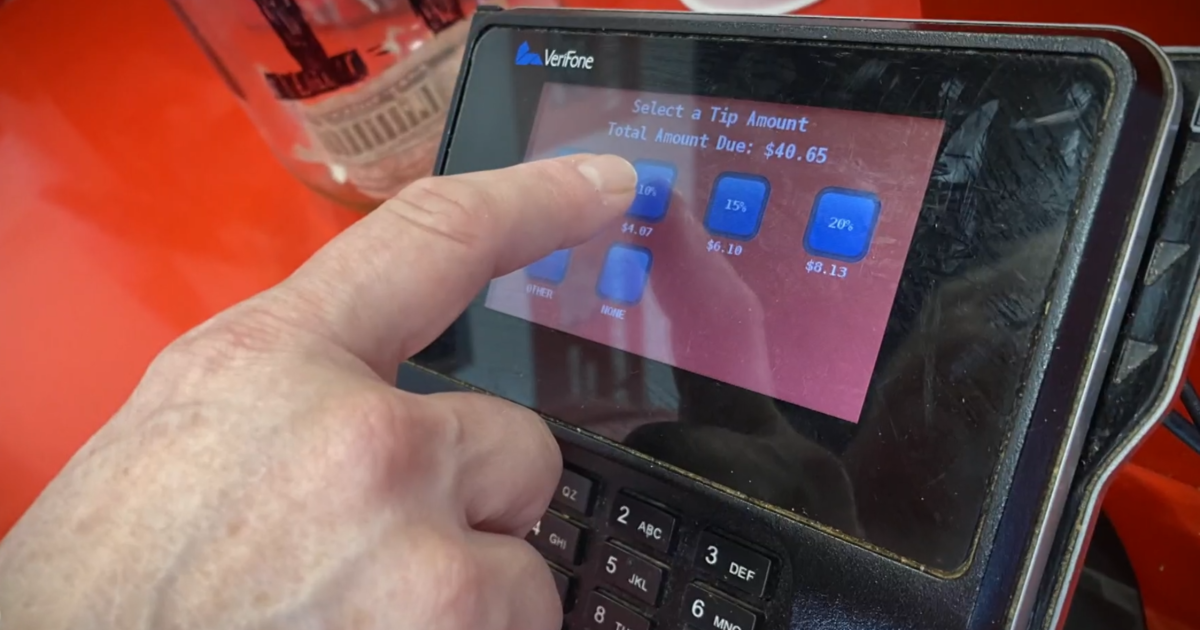Summary
Tipping in America has expanded into unexpected areas, with 72% of Americans saying it is expected in more places than five years ago, according to Pew Research.
While tipping can release feel-good neurotransmitters, a Bankrate survey found two-thirds of Americans now view it negatively, and one-third feel it’s “out of control.”
Critics highlight issues like social pressure and wage inequality, while businesses attempting no-tipping models, like a New York wine bar, have struggled to sustain them.
Many believe tipping culture has become excessive, with calls for reform growing.



I don’t think you understand the competitive pressure of every other restaurant not raising their menu prices 20% alongside you. Do you think that a business isn’t viable if they can’t absorb a 20% labor increase without raising prices?
I suspect you are not a reliable or competent business analyst.
I don’t think you understand my stance on the issue. Why would you assume that I think a restaurant should stop accepting tips while everyone else does, and also not raise their prices? You are making a lot of assumptions about what I think.
You are combining the two distinct possibilities I referenced as consequences for a restaurant that stops accepting tips:
Raise menu prices, lose business to competitors
Do not raise prices, fail by not covering expenses
Either way, it’s not sustainable to voluntarily go tipless, which is why those who tried, revert. You’re the one that said that made them unviable. Did you mean to say something else?
I said that a business which cannot survive without tips is not viable. I did not comment on what other changes might be required.
Then the vast majority of restaurants are not viable. Again, your business analysis is not viable. An opinion that ignores fundamental aspects of the trade space isn’t worth the cost to light the pixels to display it.
I’ll admit, I don’t have numbers on hand, but I’m gonna bet money that the vast majority of restaurants in the world do not have tips and they are chugging along fine enough. The USA is not the center of the universe.
No it is not but it is the geographic market we’re talking about, one of those fundamental factors of the trade space. It’s like telling someone in Arizona that they don’t need A/C because people in Alaska chug along just fine without A/C. The conditions of one region do not translate to all regions.
The USA restaurant industry is built on the expectation of tips. Restaurants that try to change, change back because raising menu prices alienates customers (even though it shouldn’t, this is what the research shows). If tipless restaurants are going to be broadly viable, tips must be eliminated across the board, which can only happen through legislation. Because, again, restaurants that switch voluntarily lose business to the restaurants that retain tipping.
Maybe it’s the geographic market you’re talking about. I didn’t say anything about the States in my original or follow up premises.
Also, I don’t know if you think that second paragraph was supposed to be some kind of gotcha or something but, yeah. Get rid of the federal tipped wage, please.
The article is about America. This is a specifically American phenomenon. If you’re not talking about the States, your points aren’t relevant to the topic.
It’s not a gotcha, it’s analysis. I’m not making a point about whether or not tipping should be integral to the American restaurant industry. I’m only saying that without legislation, it will be. Up until that point, businesses that try to switch to tipless will either revert or fail.